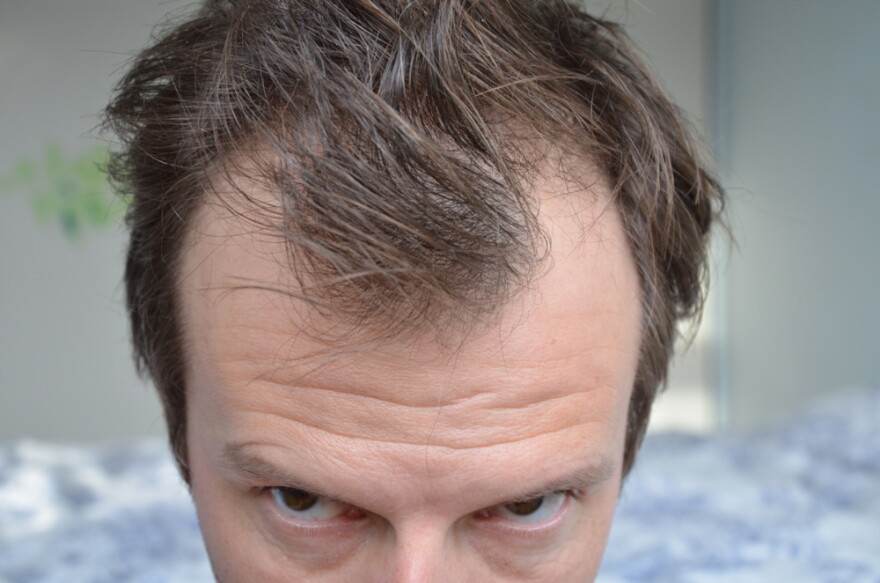INTERVIEW HIGHLIGHTS:
What is telogen effluvium?
Telogen effluvium is when the body undergoes some type of stressful event, either a medical event or sometimes it's a psychological stressor, and the hairs that are in the growing phase enter into a shedding phase. Very frequently I can associate it with some type of an event that they had two to three months prior to that shedding.
The shedding is temporary
The increase in telogen effluvium occurs two to six weeks following COVID-19 or any of those other stressors in the body. That's when you start to get the shedding, and so people will notice that two to three months afterward, they have this huge loss of hair. Patients will tend to have regrowth of that hair within three to six months after that.
Some patients will enter a chronic telogen effluvium where patients who have that hair loss that lasts for longer than six months and up to six years.
Does it affect more women than men?
Yes, about 30% of women will experience telogen effluvium wear in men. It's more in the 10to 15% range.
Is telogen effluvium directly related to the pandemic?
It can be related to the pandemic because of the stress of the pandemic, whether the person experienced the stress from wearing a mask or losing their job, or from being quarantined.
Would you think of telogen effluvium first when diagnosing a case of hair loss?
Telogen effluvium is in the differential diagnosis as I'm evaluating hair loss, but there are a number of other things. We have inflammatory conditions in the skin, such as lupus. Also, medications that patients take can be associated with hair loss. Hormonal issues, eating disorders that can cause hair loss.
There is an extensive list of questions and evaluations before I get to the diagnosis of telogen effluvium, and one of those questions does include: Within the last three to six months, have you undergone any of these stressful events, such as surgery and pregnancy and delivery? A change in medication? COVID. Anything that potentially could stress the body even death in the family. Or a recent move?
We may not necessarily recognize that we're experiencing it, but it is a stressor on the body.
Help for telogen effluvium
Most of the treatment is associated with good nutrition in patients. You want to do things that can help to support the hair that is growing, and you want to help provide the nutrition for the new hair that will grow. That would include vitamins, good sleep, deep stressors, exercise. The normal things you would expect to find with good health.
RESOURCES:
The Year America's Hair Fell Out
COVID and pandemic stress is causing widespread hair loss
You’re Not Imagining It: The Pandemic Is Making Your Hair Fall Out
Losing Your Hair Can Be Another Consequence of the Pandemic
Hair Loss: Who Gets and Causes It
Interview highlights were lightly edited for clarity.
Got a tip? Email Sam Baker at sbaker@kera.org. You can follow Sam on Twitter @srbkera.
KERA News is made possible through the generosity of our members. If you find this reporting valuable, consider making a tax-deductible gift today. Thank you.



